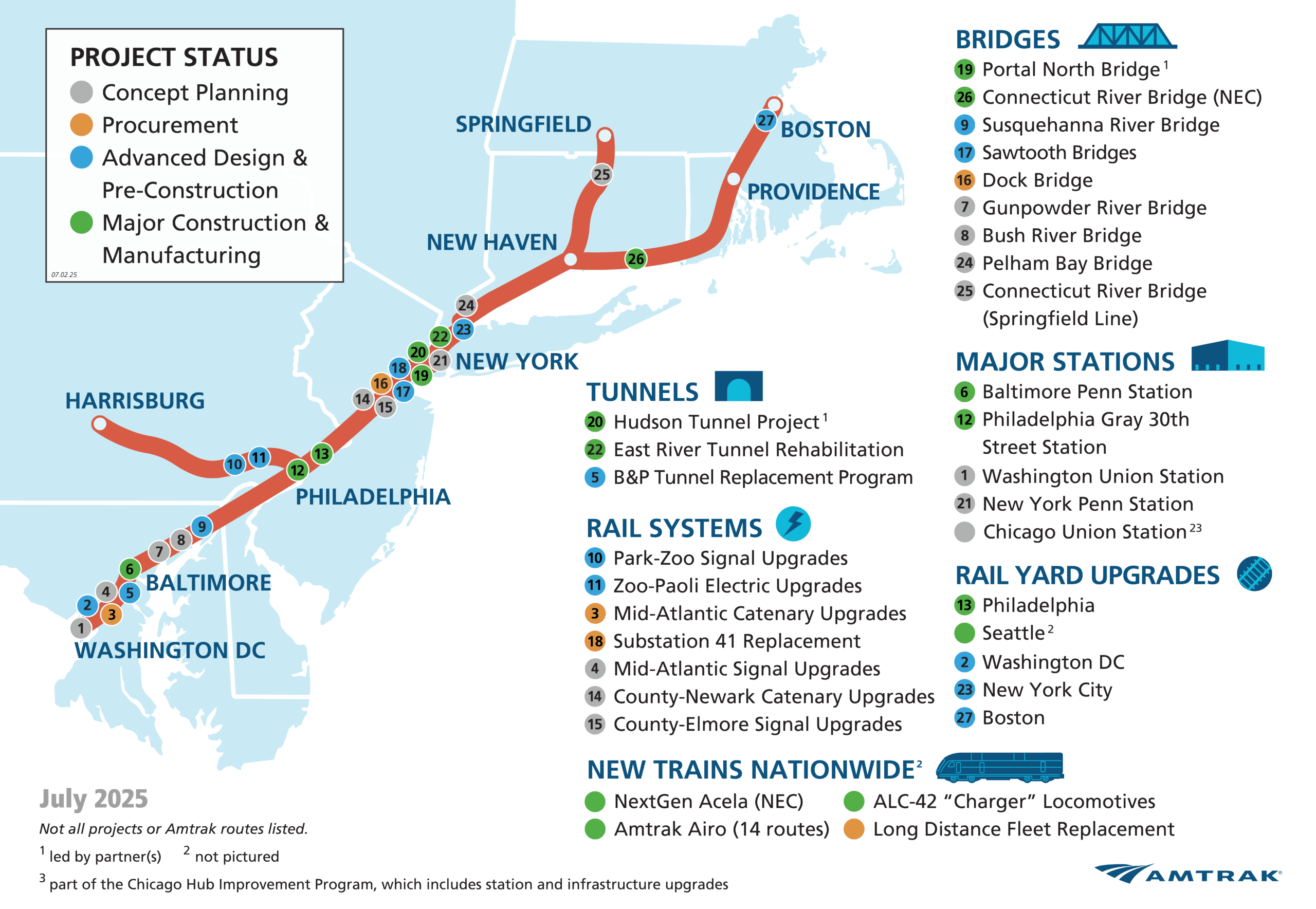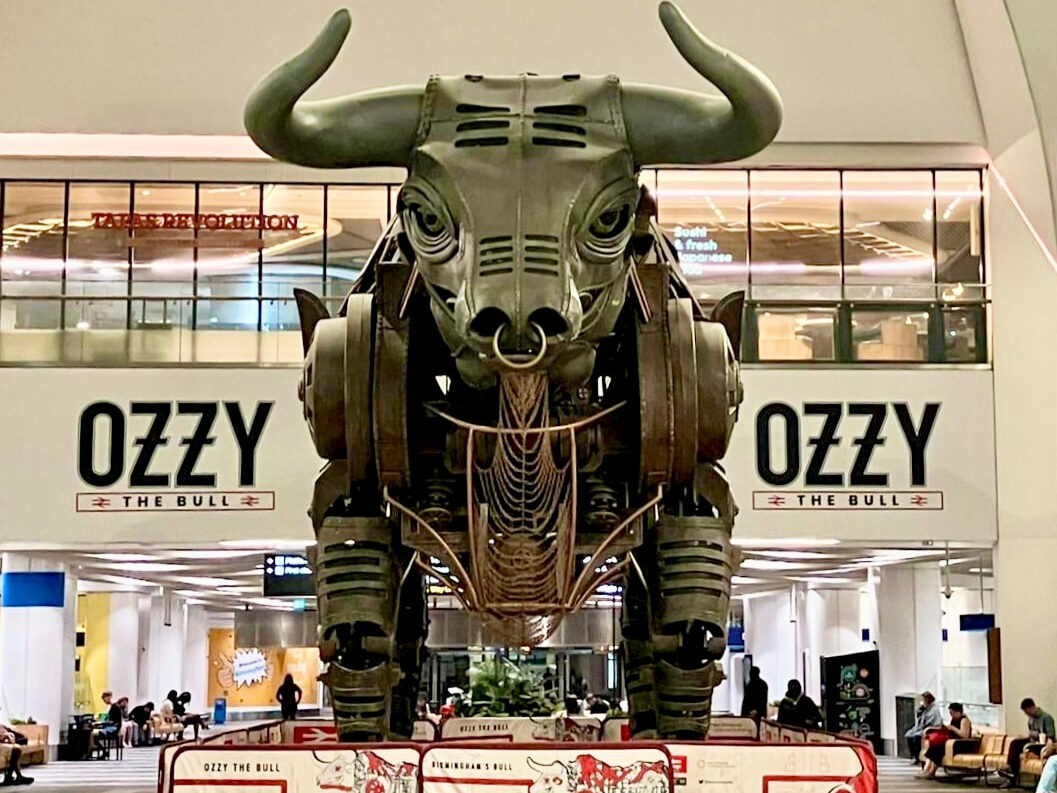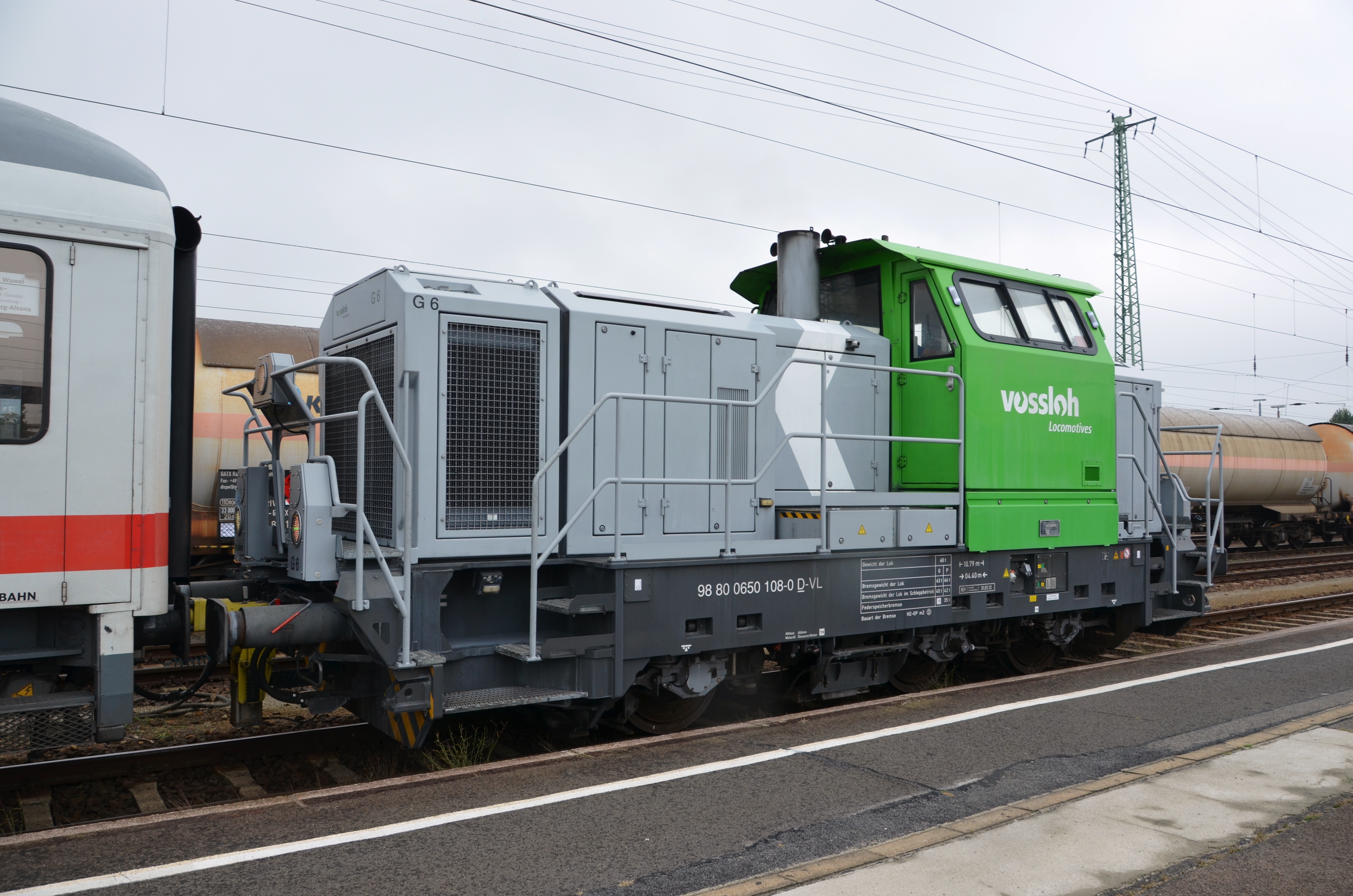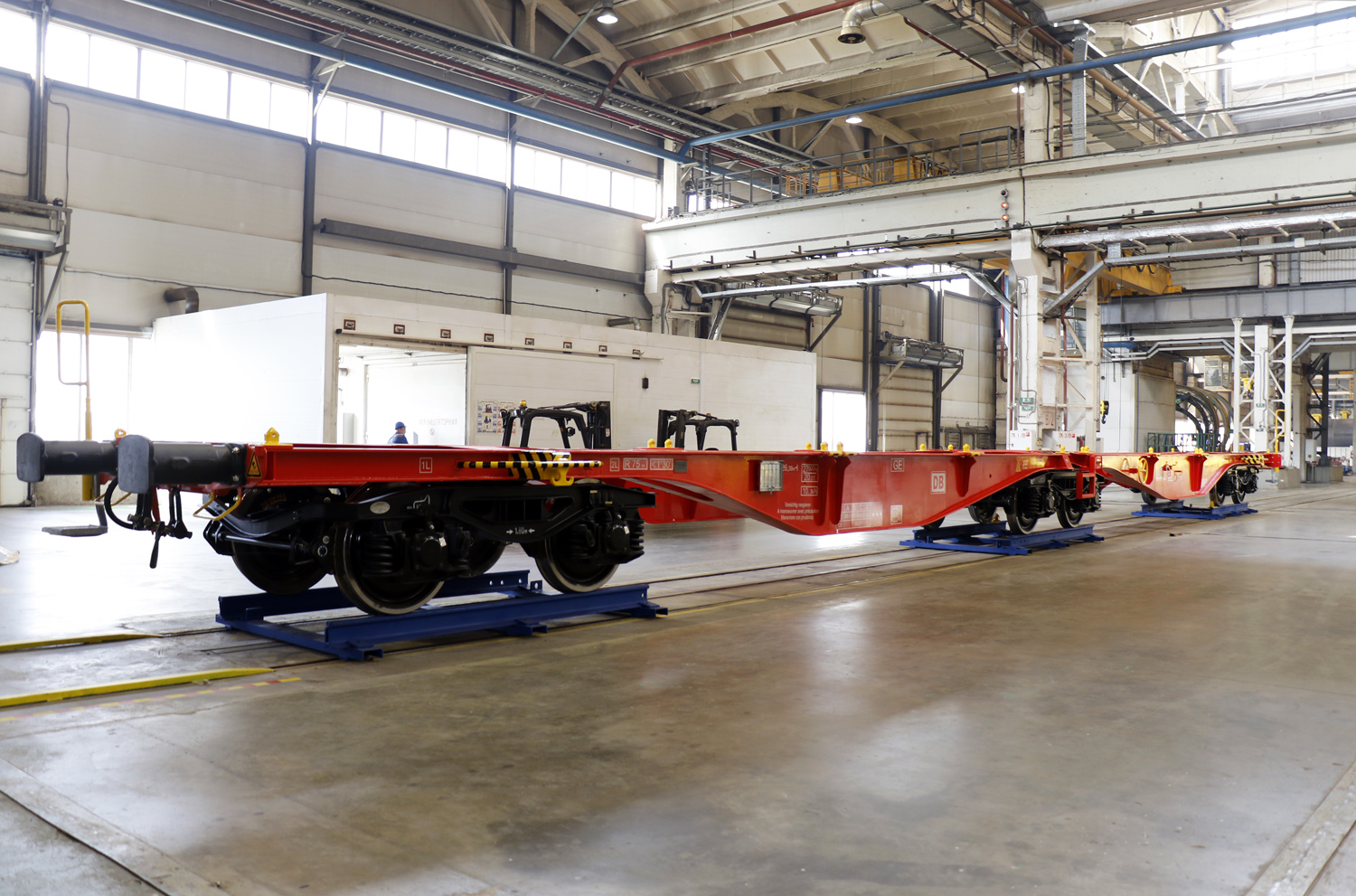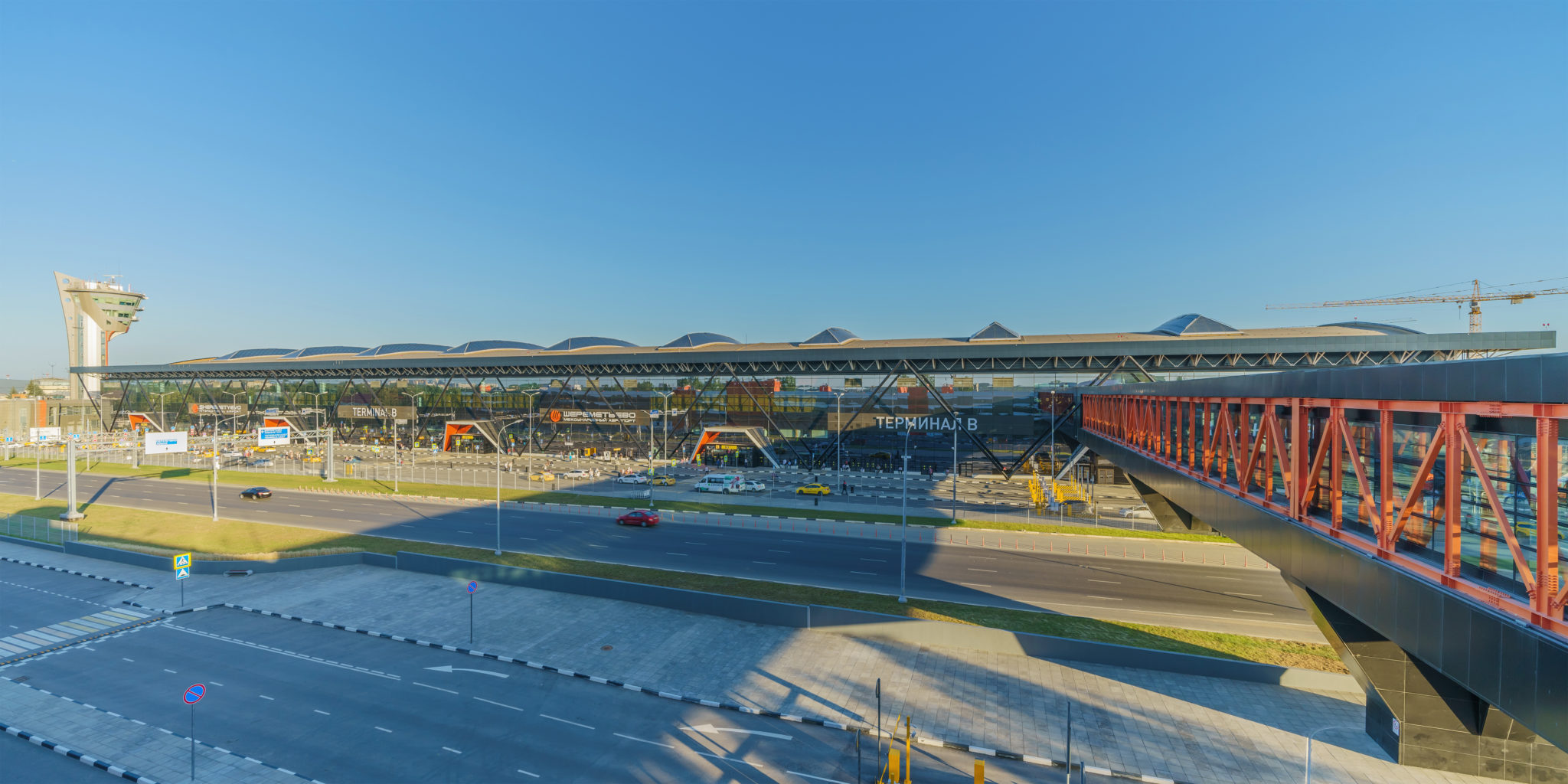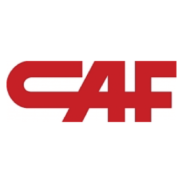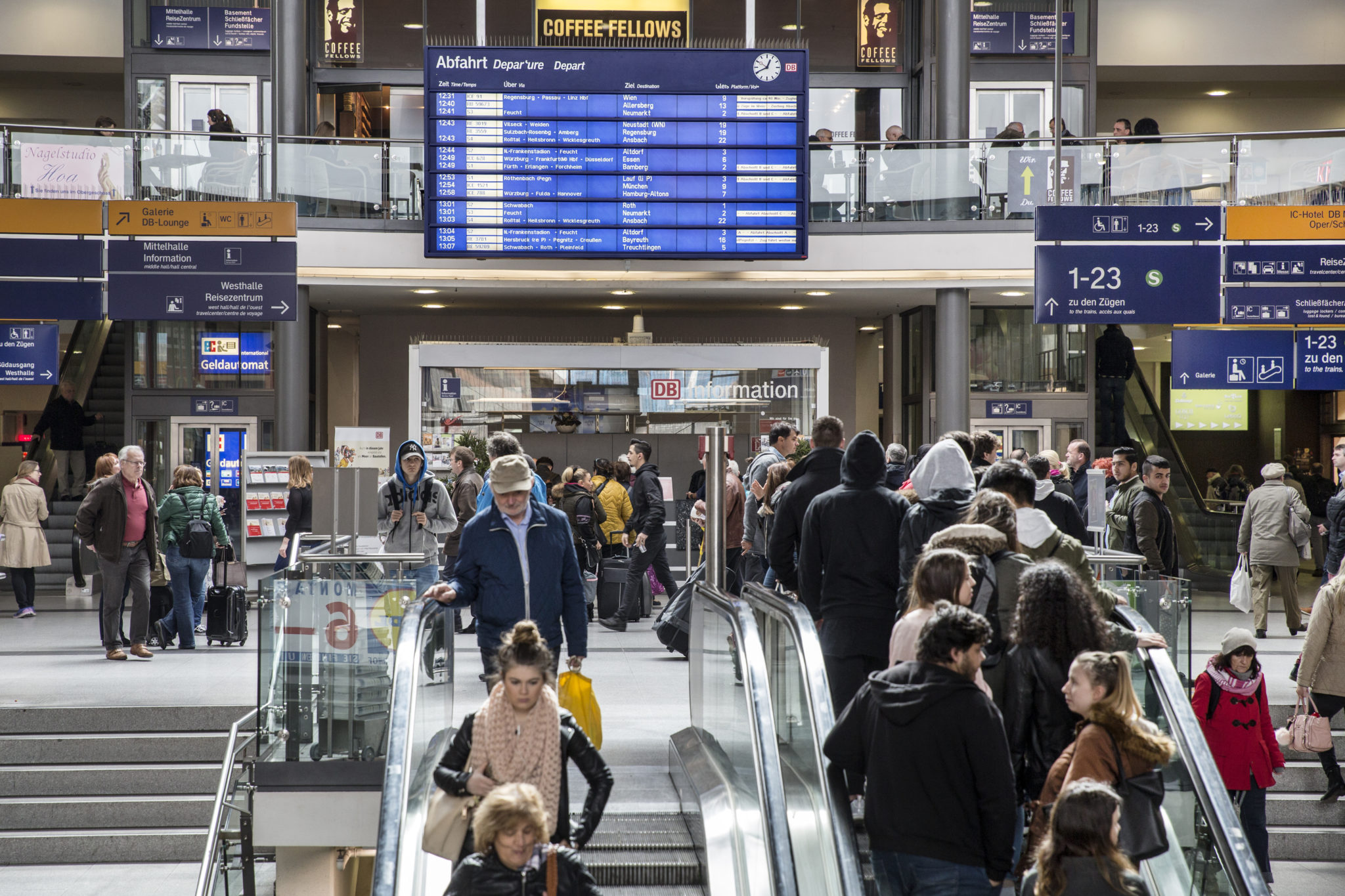It is one of Deutsche Bahn’s most important business goals, as part of its new strategy ‘Starke Schiene‘ (strong rail), to adopt measures that are beneficial to our climate and our environment. And as a mode of transport, rail likes to position itself as the most environmentally-friendly option. Consequently, Deutsche Bahn says it will reduce its use of the broad-spectrum herbicide glyphosate.
Large sections of Germany’s railway lines will no longer be treated with glyphosate as of next year. Deutsche Bahn says it will instead focus increasingly on mechanical, manual methods to keep the tracks free from vegetation, thereby ensuring safe train operations.
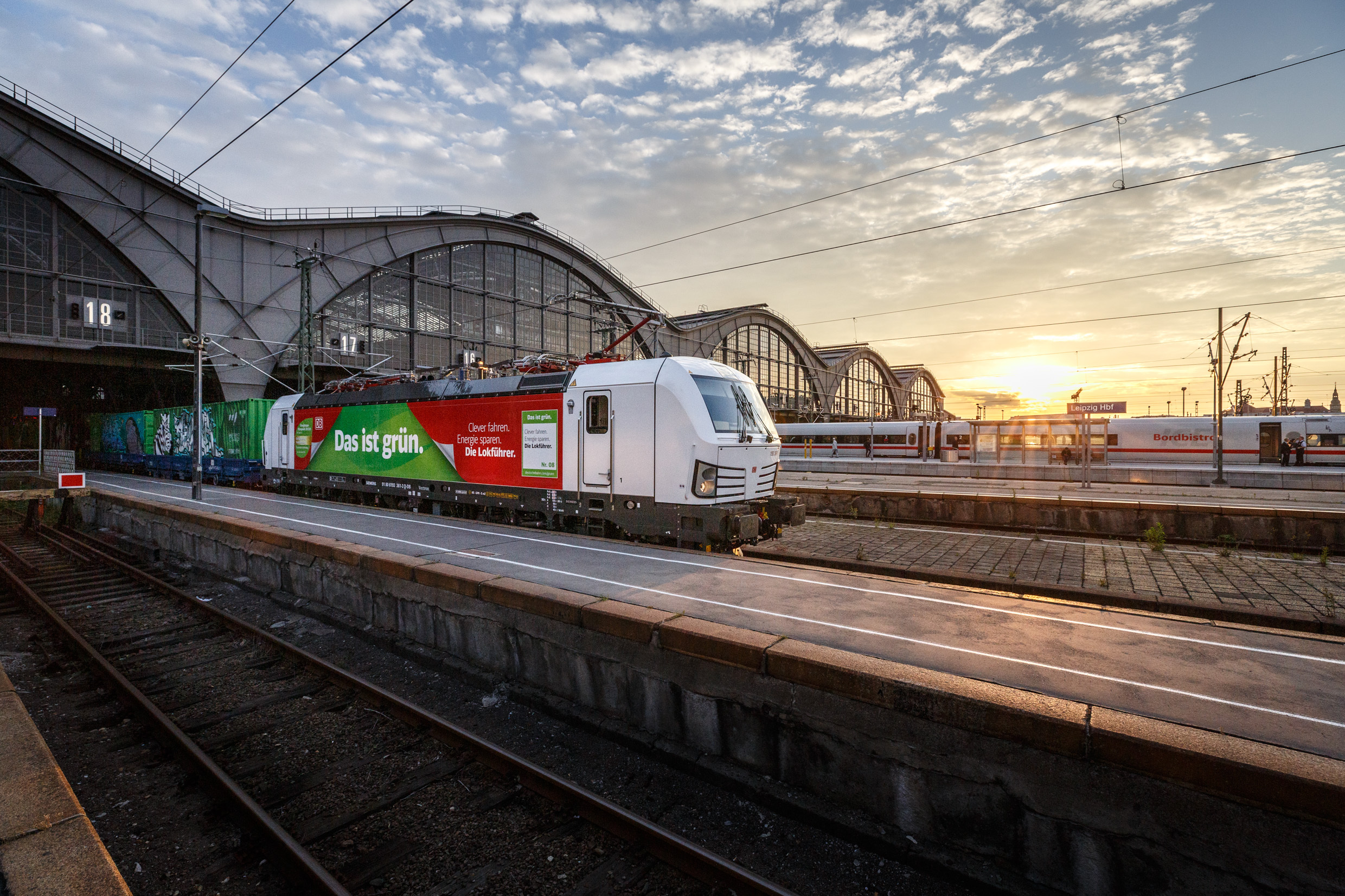
Deutsche Bahn says it has been working on developing effective alternatives to glyphosate for some years now. The company is currently testing potential solutions. Options include, for example, solutions that use hot water, electricity and UV light.
DB is currently responsible for 0.4 percent of herbicide use in Germany. The company was already able to steadily reduce the quantities of the product in previous years.
Deutsche Bahn’s Glyphosate Usage
In detail, Deutsche Bahn sprayed 93 percent of its 60,500km of track in 2016. That’s 1.24kg/km, with a total of 70 metric tons. In addition to glyphosate, Deutsche Bahn uses flazasulfuron and flumioxazin. In 2017 then DB cut that figure to 67 metric tons; and down to 57 tons in 2018.
One of the reasons Deutsche Bahn has managed this is technological in nature. Improving technology has meant that applications can be increasingly precise. For example, Deutsche Bahn has equipped its vehicles that perform the spraying with cameras and sensors.
Regarding its use of glyphosate, Deutsche Bahn has said:
“We commission specialist companies to ensure that no active substances make their way onto adjacent land. As a user of glyphosate, we are closely following the discussions on this compound.”
Monsanto first developed the herbicide in the 1970s and the company still sells it under the brand name Roundup, but its patent expired in 2000.
Also read:
- UK: Government Sets Out Strategy for Biodiverse Lineside
- Vegetation Management Idea Wins HackTrain InnoTrans
- Chris Mariner, CEO, MECX Group, Discusses Network Rail’s Control Period 6
- Noah’s Train Promoting Modal Shift to Rail Reaches Italy

















